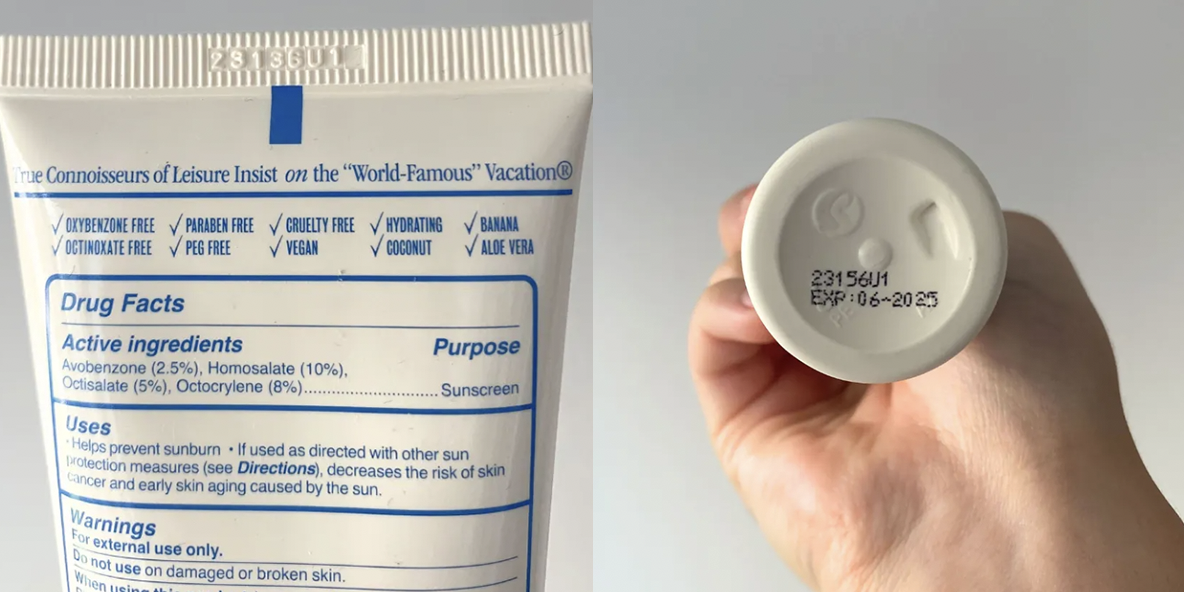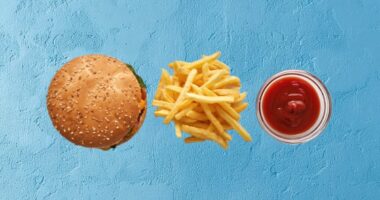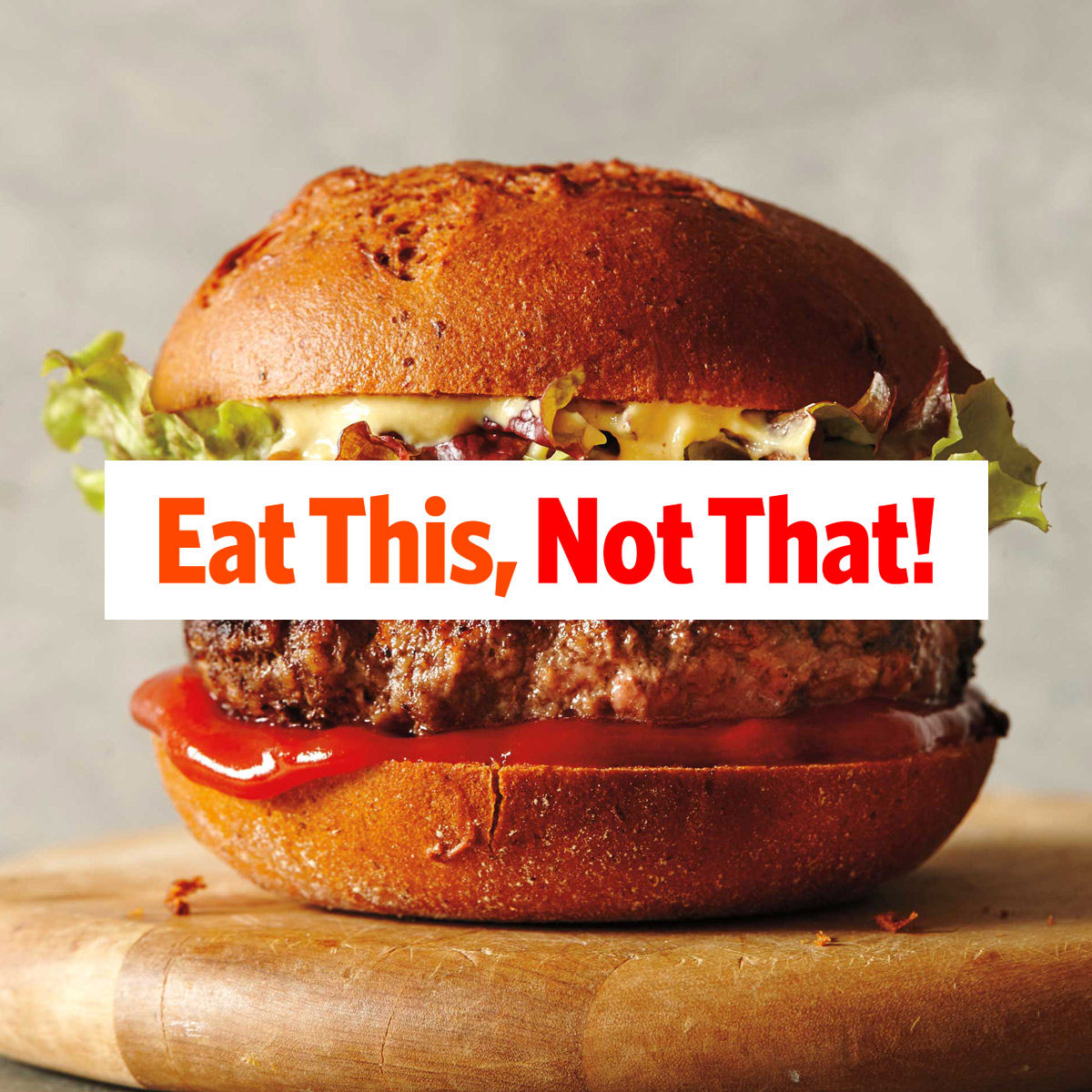
People with diabetes should limit their alcohol consumption. Alcohol use can affect diabetes patients in many ways.
For many people, the occasional glass of alcohol does not pose a problem. However, for people with diabetes, alcohol consumption can affect blood sugar levels, contribute to weight gain, increase blood pressure, and also increase risk for non-alcoholic fatty liver disease.
Vinod Babu Veerapalli, MBBS, DNB, Dip Diab (CMC), sheds light on the various health risks associated with alcohol use in diabetics.
Alcohol and Weight Gain
Alcohol can contribute to weight gain in people with diabetes if consumed in excess or in combination with high-calorie mixers. Alcoholic beverages are mostly high in calories, and can also stimulate appetite and reduce inhibitions, leading to overeating and poor food choices.
Alcohol and Metabolism
Alcohol can interfere with glucose metabolism and liver function, which can further complicate diabetes management. Consuming alcohol can cause blood sugar levels to drop (hypoglycemia) in people taking certain diabetes medications like insulin or sulfonylureas. Furthermore, excessive alcohol consumption may lead to non-alcoholic fatty liver disease (a risk factor for type 2 diabetes mellitus). It is important for diabetic patients to drink alcohol in moderation and with caution.
The American Diabetes Association recommends that female diabetic patients should not consume more than one drink each day, and men with diabetes should not consume more than two drinks a day. It is also important to monitor blood sugar levels closely when drinking alcohol and to avoid drinking on an empty stomach.
Alcohol and Blood Sugar Levels
A person’s overall health is vital in how the body responds to alcohol. Diabetic patients or other blood sugar issues must be careful while consuming alcohol. Drinking alcohol may interfere with blood sugar and the hormones required to maintain healthy blood sugar levels. Frequent alcohol consumers can wipe out their energy storage in a few hours. Over time, excessive alcohol intake can lower insulin’s overall effectiveness, resulting in high blood sugar levels. People having alcoholic liver disease also have either glucose intolerance or diabetes.
Normal fasting blood sugar levels should be 70 100 milligrams per deciliter (mg/dl). People with untreated diabetes usually have over 126 mg/dl of blood sugar. Diabetes people should speak with their doctor to thoroughly understand the risks involved. Some medicines are not suitable for use alongside alcohol along with alcohol use. Diabetes patients should be sure to pay attention to any potential warnings.
READ RELATED: 7 Foods Marisa Tomei Eats for Weight Loss
Consumption of alcohol can lower blood glucose levels as the liver has to work to remove the alcohol from the blood despite managing blood sugar levels. Taking alcohol may lead to situational unawareness of low blood sugar levels.
Some symptoms of low blood sugar include high consumption of too much alcohol. These include:
- blurry vision
- confusion
- sleepiness
- unconsciousness
- headaches
- lightheadedness/dizziness
- lack of coordination
Other Health Risks Of Alcohol Use In Diabetics
The effect of alcohol on blood sugar levels is not the only way that it can affect diabetes patients. Alcohol intake can also:
- stimulate appetite (encourage overeating and increase blood sugar levels further)
- make it difficult to lose weight because of the calories it contains
- increased chance of making unhealthy dietary choices
- interfere with the effectiveness of oral diabetes medications
- increase blood pressure
Consult a healthcare provider to determine safe alcohol consumption levels based on individual health status and medication use.
Total Wellness is now just a click away.
Follow us on
Don’t Miss Out on the Latest Updates.
Subscribe to Our Newsletter Today!
window.addEventListener(‘load’, (event) => {
$(‘#commentbtn’).on(“click”,function(){
(function(d, s, id) { var js, fjs = d.getElementsByTagName(s)[0]; if (d.getElementById(id)) return; js = d.createElement(s); js.id = id; js.src = “//connect.facebook.net/en_US/sdk.js#xfbml=1&version=v2.3”; fjs.parentNode.insertBefore(js, fjs);}(document, ‘script’, ‘facebook-jssdk’));
$(“.cmntbox”).toggle();
});
});







